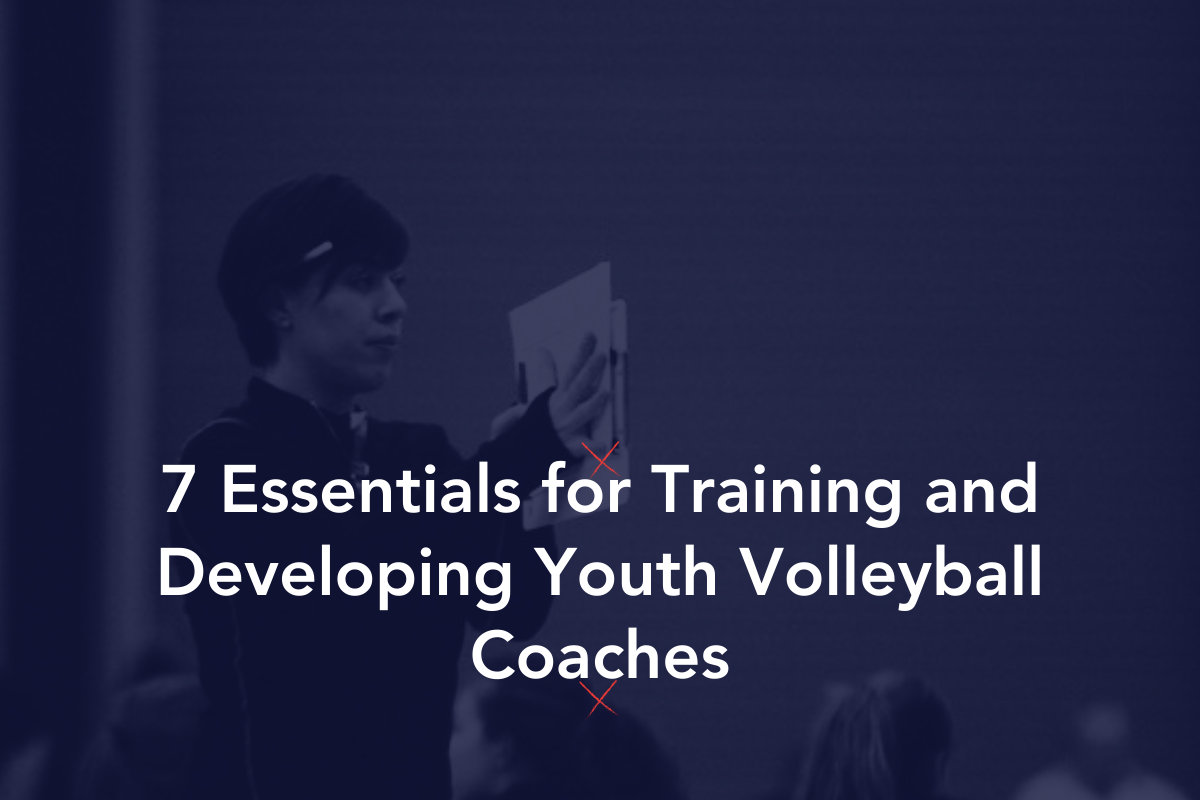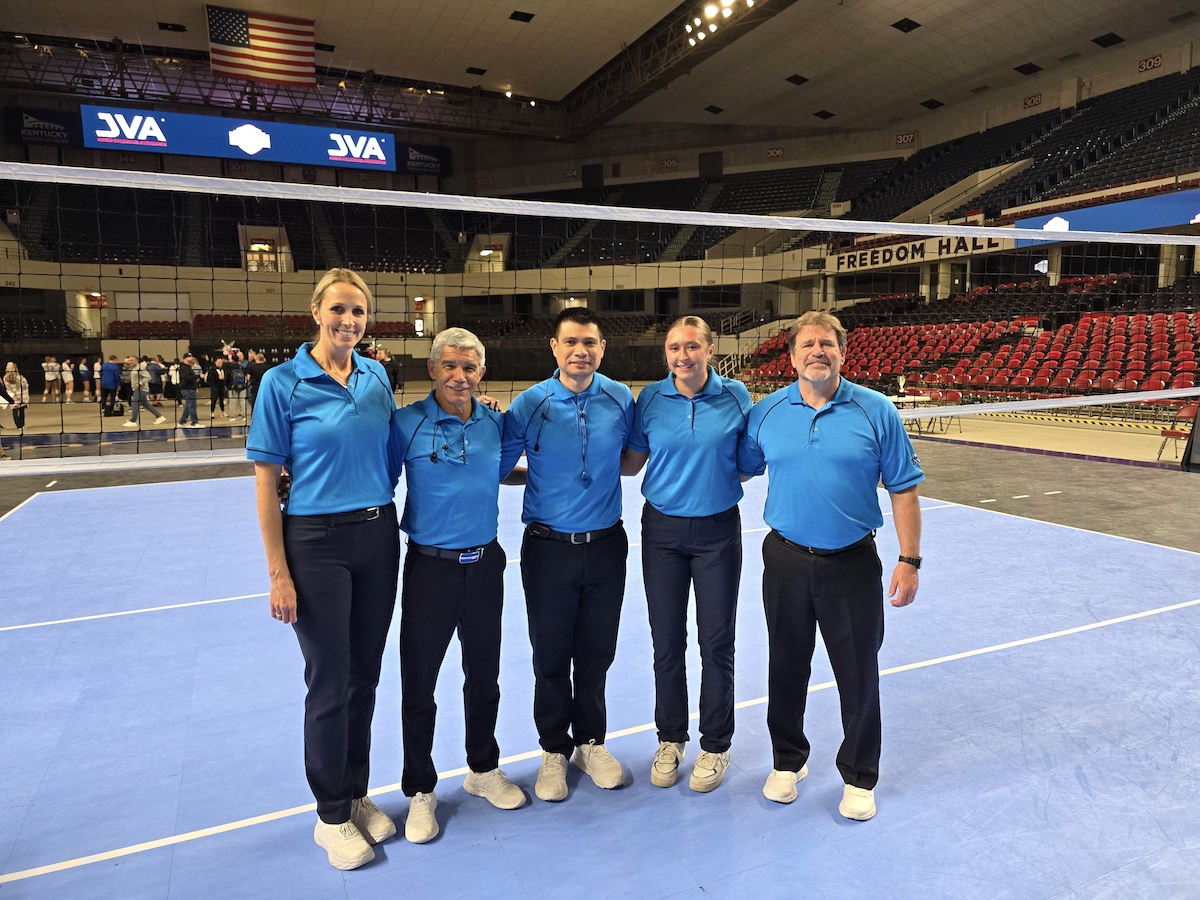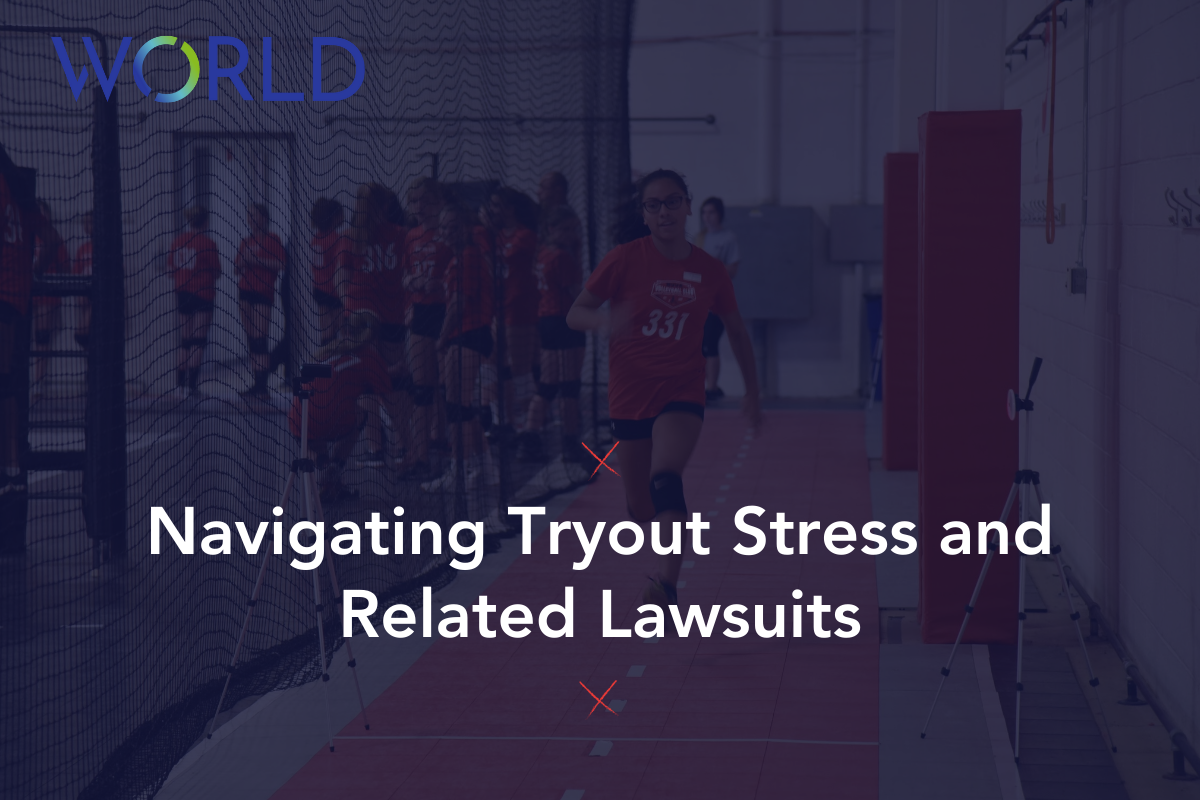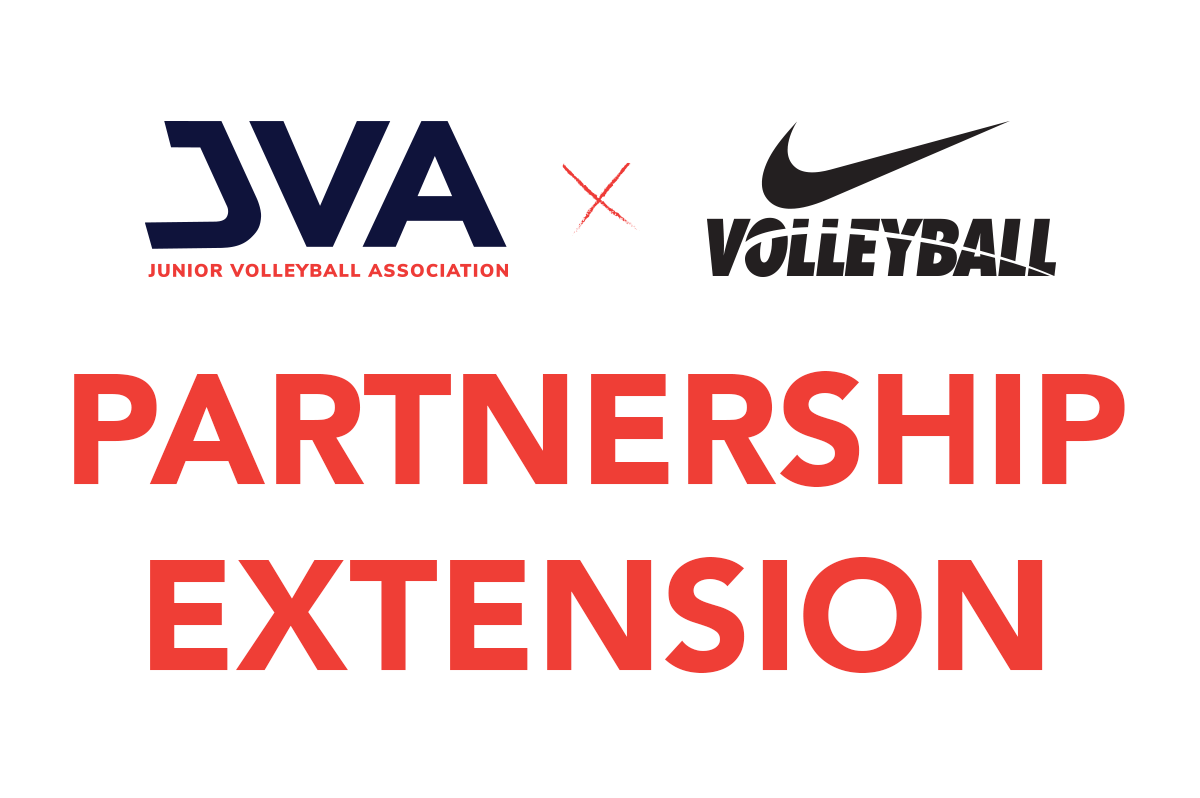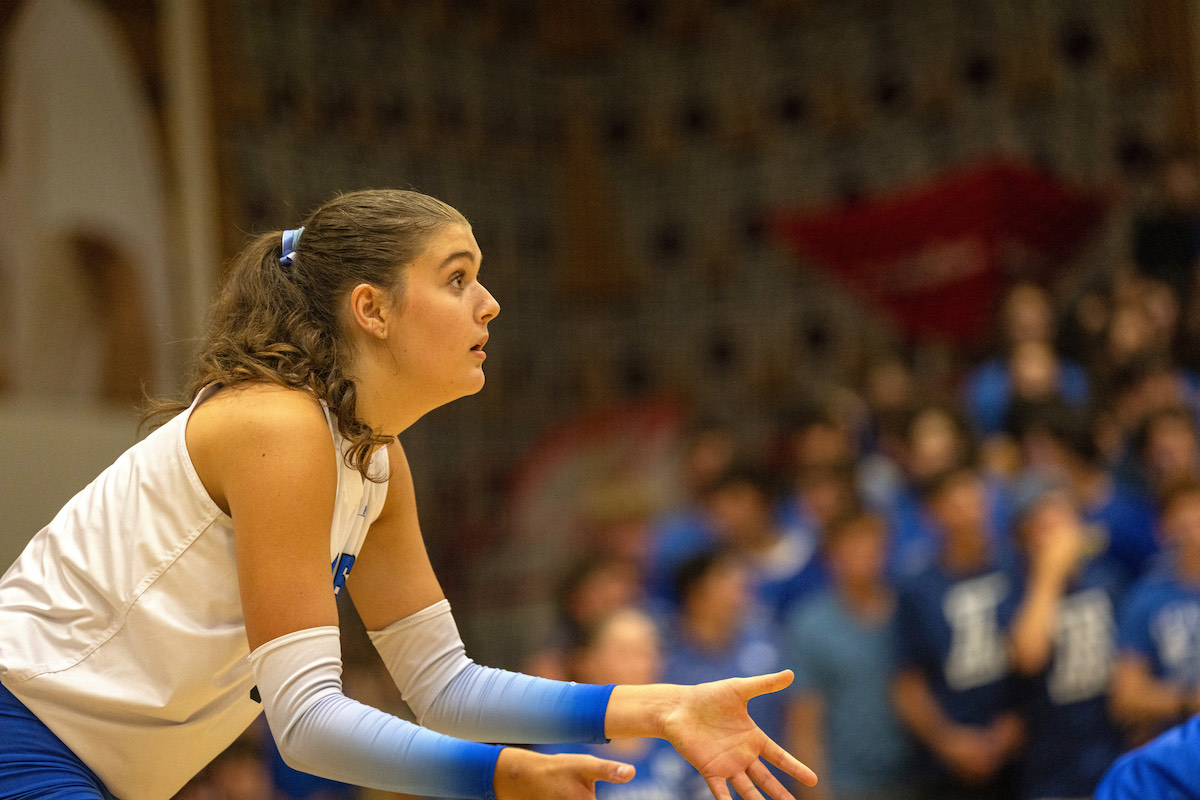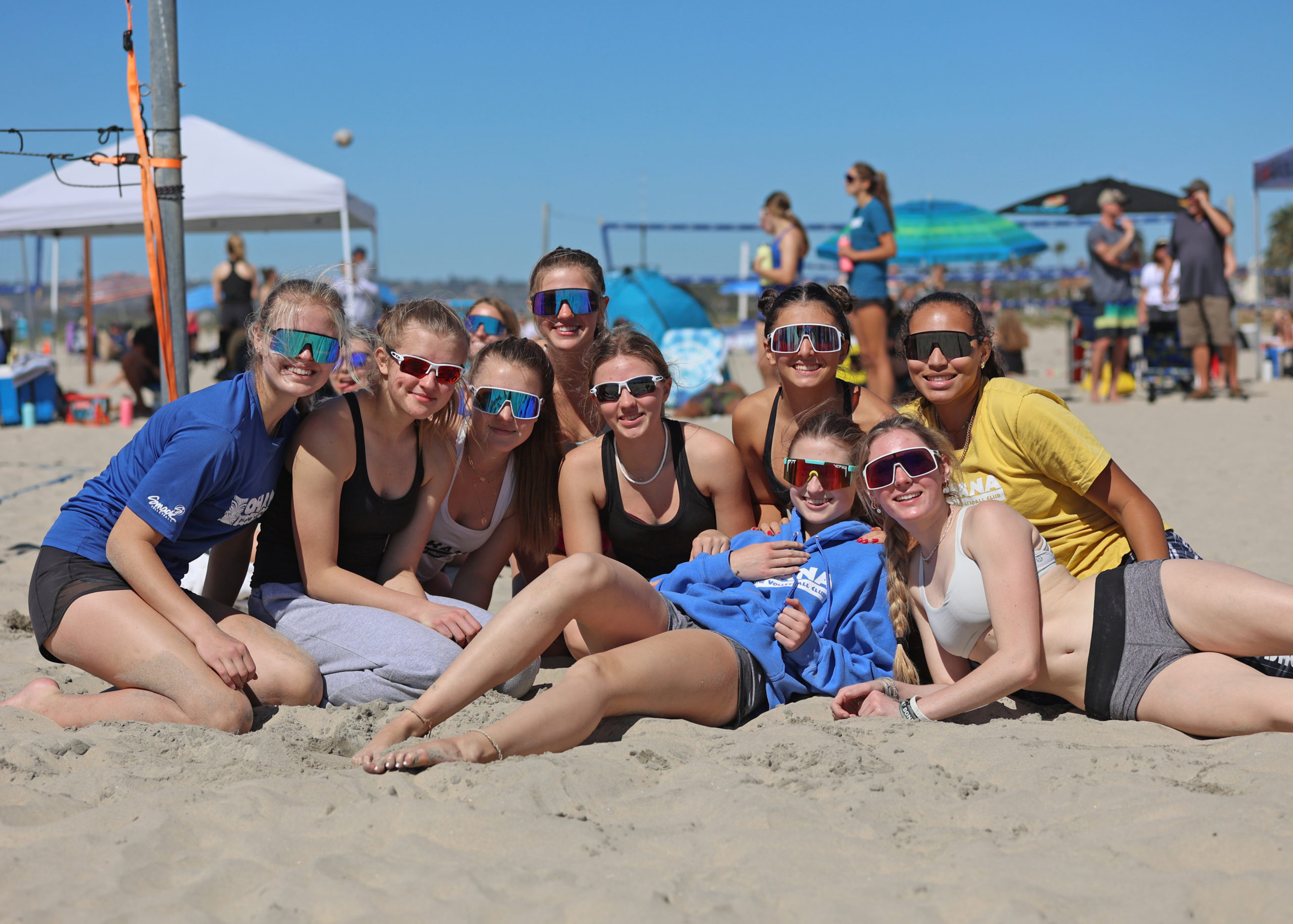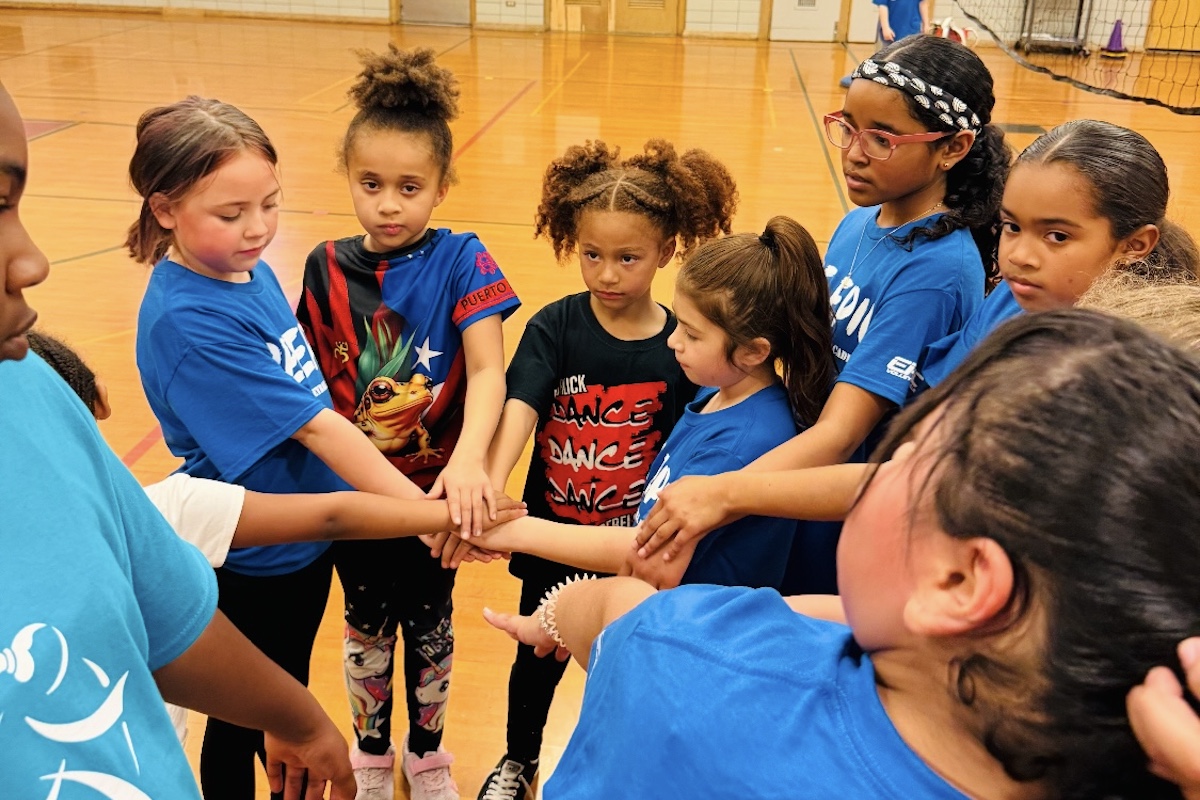I recently asked a few coaches how they approach nutrition and healthy eating habits with players. The responses:
“Specific, very important and sometimes sensitive subject.”
“I don’t talk about it with players very often for fear of offending the family. I have a hard time not talking about it, but have not been coaching very long.”
“Tackle it head on and model the habit.”
Nutrition can be a tough nut to crack. Everyday new information, food advertisements and health claims challenge what eating “healthy” really means. It’s no wonder most of us struggle with how and what to feed ourselves, let alone guide others!
Why it Matters
But here’s the thing, nutrition and water are at the core of growth and development – in sport and in life. When proper fuel and hydration are ignored, it can lead to:
- Poor performance
- Longer recovery times
- Immune suppression
- Other physical and mental changes
Even though the topic appears complex on the surface, it’s directly tied to performance and player development, therefore part of your responsibility as a coach to address it. And that’s a component of why you chose to become a coach (right!?), so you can help players unlock their full potential using your unique voice.
Try these 5 straight-forward strategies to connect with your athletes and tackle the subject with confidence.
1. Speak to what you know and keep it basic
Despite all of the information out there, trust in what you do know. Talk about the general importance of paying attention to what you’re putting in your body and why it matters rather than focusing on specific nutrients, quantities, or imposing a team-wide diet.
Instead promote eating a varied diet of fruits, vegetables, healthy proteins and fats, and whole grains.
Do take the time to educate yourself before sharing with players – a little self-study can go a long way. Click here for guidance on protein and find more nutritional sources at the end of this post.
2. Teach the parents and get buy-in
Hold a meeting (coach or club director) with parents and players before the season to talk about the fundamentals of healthy eating habits. This is an opportunity to set guidelines around what foods players should be eating at tournaments and at home. Because if players are learning about nutrition and trying to make healthier choices, but it’s not happening at home, chances are little progress will be made.
Throughout the season, remind parents and players of these expectations.
Pro tip: be patient if you don’t get buy-in right away, change is not linear and there will be resistance in the beginning. Consistency is key!
3. Give players choice and freedom
Like the old adage goes “you can lead a horse to water but you can’t make them drink.” Young adults crave autonomy, so provide them with the basic knowledge – and reminders along the way – and trust they can make their own healthy decisions. Do this and your efforts are likely to be well-received.
I’ve found it’s helpful to share the 80/20 rules. Eat well at least 80% of the time and allow 20% of the time for pure pleasure (the occasional diet coke, the bag of jelly beans, oreos, birthday cake, etc.). This allows for freedom and choice while encouraging mindful eating (eating for fuel, pleasure, enjoyment) over mindless eating (snacking for no reason, out of habit or automation).
4. Don’t skip the water!
Dehydration in athletes can lead to cramps, heat stroke and heat exhaustion, so proper water intake is crucial in replacing the fluids lost to sweating. Tips to stay hydrated:
- Drink before, after, and during activity; every 15-20 minutes
- Measure hydration levels using the urine test. Is urine a light, lemonade color or lighter? Hydrated. Is urine a darker color in lower volume with strong odor? Dehydrated; more water!
- Drink water with all meals and snacks; 1:1 ratio with coffee, juice and other beverages
5. Set the standard for your team and parents
You must be the model and example, otherwise you won’t be taken seriously. You hold a powerful leadership role that can influence the trajectory of the entire team. If they see you engaging in unhealthy eating habits… chances are they’ll follow suit.
Step into your power and show your players what you want them to do, eat and drink to maximize their health and performance! You got this.
Other nutrition resources to build your knowledge base:
Healthy Meal Tips for Volleyball Athletes
The American Heart Association
Harvard Health
Team USA
About the Author
Aimee Huffman is a skilled health coach, yoga instructor and former D1 volleyball player with over 15 years of coaching experience at the highest level. She has a passion for working with volleyball athletes helping them change the way they train, recover and perform to move past barriers and unlock their highest potential – physically, mentally and emotionally. Click here to contact Aimee and learn more about her personalized coaching services for volleyball players.



